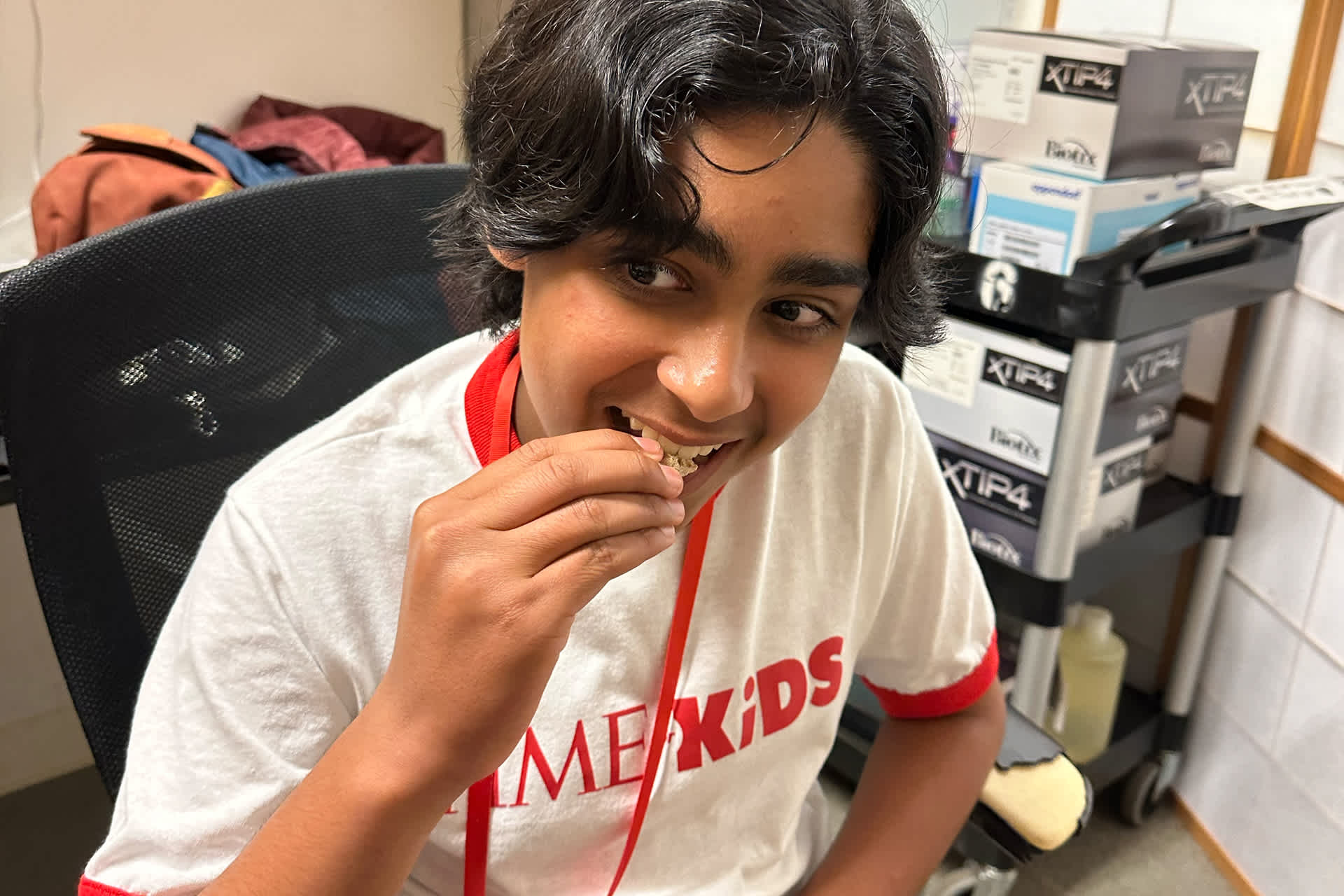Ant Expert

TFK Kid Reporter Dylan Patel is an ant enthusiast. He traveled to the California Academy of Sciences, in San Francisco, to speak with entomologist Brian Fisher. Here, Dylan shares what he learned about a career devoted to studying insects.
Brian Fisher is a world-renowned entomologist at the California Academy of Sciences, in San Francisco. As a child, he says, it was his dream to become a botanist, and study plants. Once that dream became a reality, Fisher turned his attention to insects.
While on botany expeditions, Fisher started asking about the ants he found on plants he was studying. The other botanists couldn’t identify them. Fisher got in touch with an ant scientist to learn more.
Over time, Fisher’s interest in the ants increased. He decided to make a career change. He became an entomologist, or a scientist who studies insects. Fisher has made it his goal to identify all the world’s species of ants. He’d like to create an ant species tree: a diagram that shows how the creatures are related.
Creating a complete ant species tree will take the effort and cooperation of scientists around the world. But with hard work, dedication, and curiosity, Fisher and his team have already been able to identify an entire subfamily of ants.
Fisher’s ant tree took him to Madagascar, an island off the coast of Africa. But his work there has gone beyond studying ants. “You can’t preserve a forest if [people] nearby are hungry,” he says. So he also looks for ways to help people. For example, he created a new technique for farming edible insects. Fisher teaches this innovation to people in Madagascar. The technique has provided food for famine-relief programs in schools.

Fisher knows what it takes to have a career in science. “To survive as a scientist,” he says, “you have to be motivated, driven, and focused.” And he says you have to be a good writer. Then you’ll “be able to share your story in an engaging way so that people will want to read your work.”
When Fisher’s species tree is completed, it could open up a new world of ant studies. But two big challenges are climate change and human intervention. How can we study ants if their natural habitats are disappearing? So Fisher hopes he can interest people in the importance of Earth’s biodiversity. “Spreading awareness and making small changes” to help the planet, he says, “can have a big impact.”

